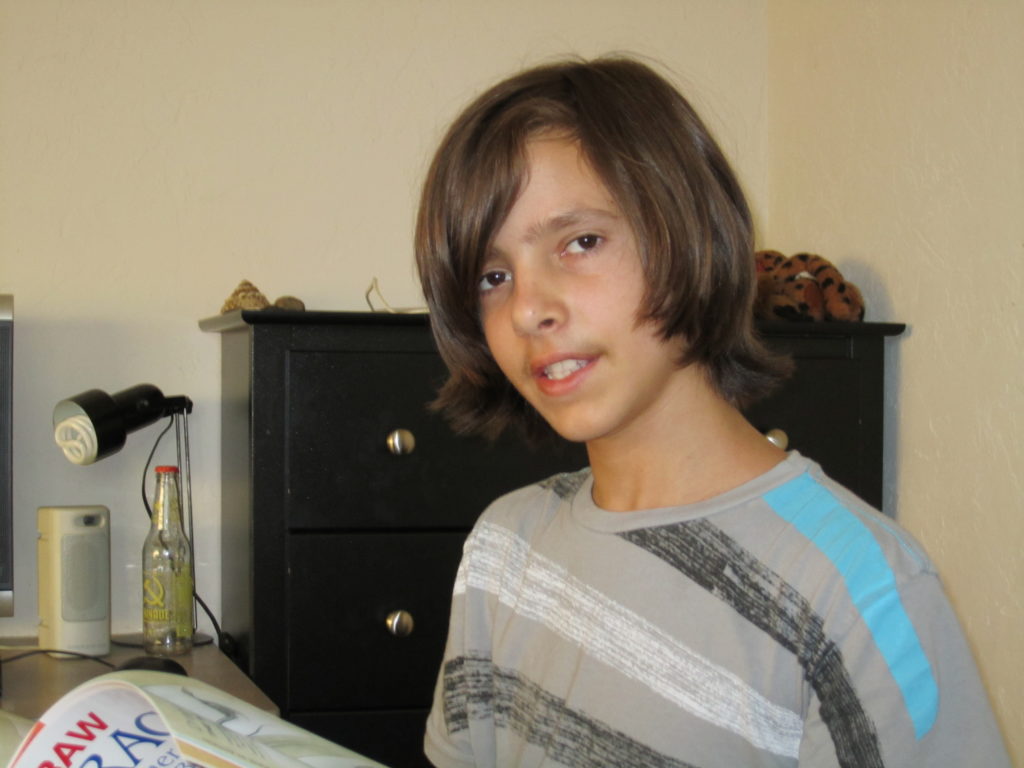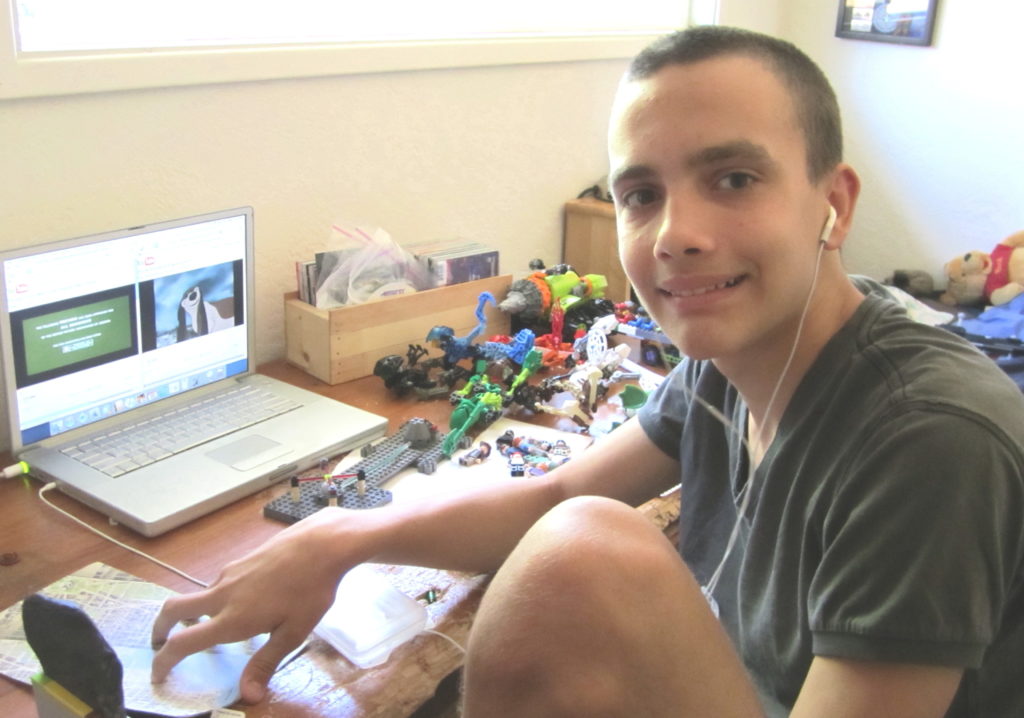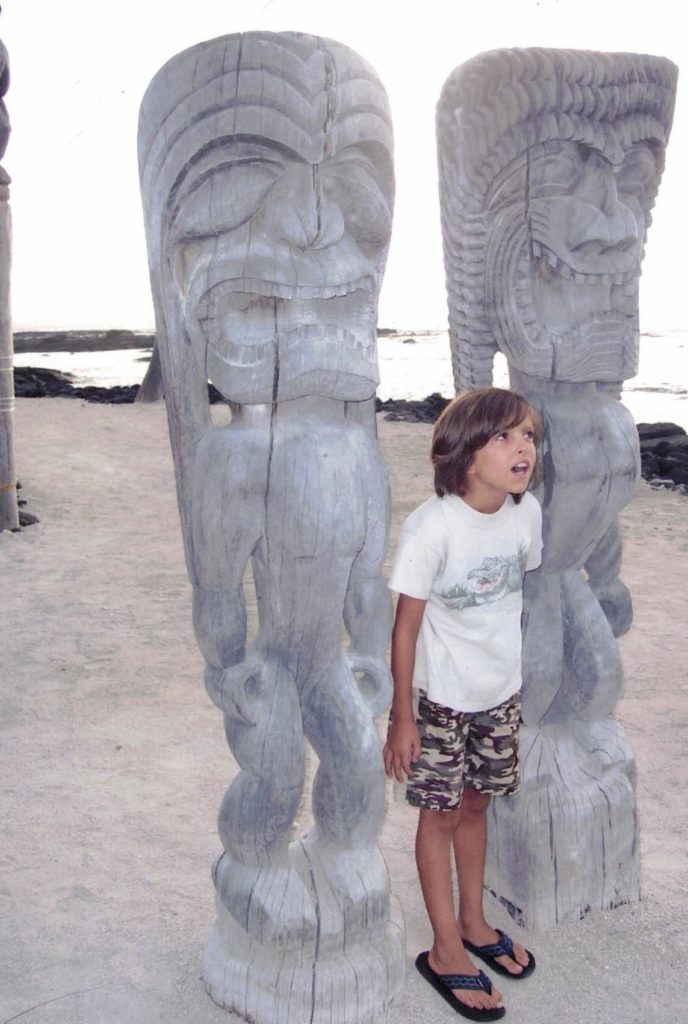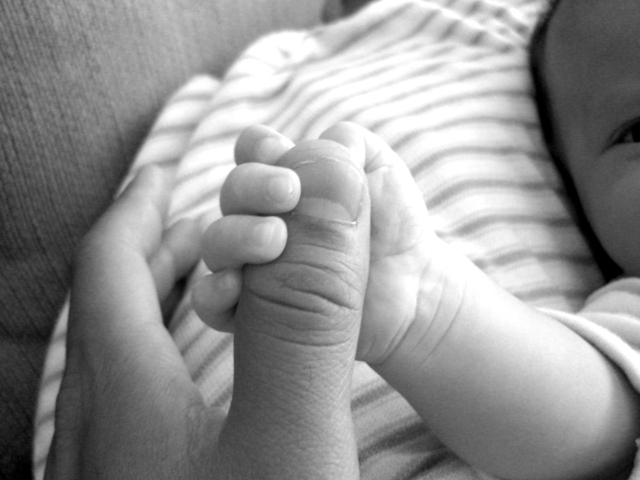
It used to be, up until less than two years ago, that my favorite time of day was in the evening, when the boys went to bed, and I had an hour or two before my own bedtime. The day was over, and I had a sliver of time to myself to read, meditate, write (if I had the energy), or watch a movie. And it wasn’t just the time to myself that I loved, it was the security in knowing that my children were safe and (usually) well, and that we had made it through another day. All was right in my little corner of the world.
I still love the evenings and the sense of peace and comfort that they bring. But my favorite time of day has changed. It’s now 3:40 PM. That’s my new serenity time.
I get off work at 3:00 and head home, stopping to pick up the mail at our local post office, since I am among many in our small town who do not have mail delivery to our homes. I am usually home around 3:20, alone except for the cats, who rub against my leg to welcome me (or, as I’ve read, to mark territory, but affectionately so). I set my things down and go put on my slippers as part of my little transitional routine. Then I sort and read the mail until 3:30, when Adam arrives. He comes through the front door, calls out “Hi, Mom,” and I go over to give him a hug and breathe in the scent at the top of his head. Home. One down, one to go.
Usually within ten minutes, by 3:40, Neil comes through the back door, after he has put his bike away in the shed. As soon as I hear that door open and shut, I breathe a sigh of relief. The route is less than two miles, but any number of things could go wrong. Once, a few months ago, he had been delayed due to bike problems and called me on his cell to ask me to come and get him. And so, when he wasn’t home by 3:50 one day last week, I thought at first that perhaps it was because of bike trouble again. I waited for the phone to ring, but it didn’t. When the clock struck four, I was out the door. I instructed Adam to man the phone and to call me on my cell if Neil called or came home.
I drove his usual route, checking down side streets to see if he had stopped to talk to someone or pet a cat. Then, about a third of the way, I saw him riding toward me (thank God), and I pulled over. He came up to me, breathless, and launched into a monologue about how he’d stayed after school to talk to his new drama teacher about a play that he wanted to write and produce based on Honey, I Shrunk the Kids. He had that dazed, New Obsession look in his eye, and I groaned inwardly. In his present state, he could not fathom that I had been worried, that he should have called. Midway through his prop ideas, I gently cut him off, saying that we needed to get home and he could finish telling me there. “Okay,” he said, and started off. “But take your time! We’re not racing!” I yelled out quickly.
We got home, and as I climbed out of the car, he rode up and started in again about the play, right there in the driveway. “Put your bike away, and let’s go inside to talk about it,” I said gently, but business-like. And he did.
I got in the house, still feeling the uncomfortable effects of the fear-based adrenaline, and called out to Adam that Neil was back. I collapsed on the couch, and he came inside a moment later. I stood in front of him and put my arms around his unbending frame before he could start talking. “I’m glad you’re home safe,” I said. “I was worried because you were late, and you didn’t call to let me know.”
He got it. “I’m sorry,” he said sincerely. It was one of the rare times he’d said “I’m” in front of “sorry.” He said that he got so excited with talking to his teacher about his ideas for the play that he didn’t think to call. Of course, I’d figured that’s what had happened the moment I first saw his face, lost in a new obsession. I know that look.
He drank some water then, and sat on the couch to finish telling me his ideas. After a few minutes, he got up and announced that he was going to his room to start writing the script. I sat there on my couch that I love, listening to the sounds of my boys happily preoccupied in their rooms. Home. My favorite time of day might have come a little later that day, but there it was. I sat and breathed deeply, enjoying my moment of peace, security, and serenity.












